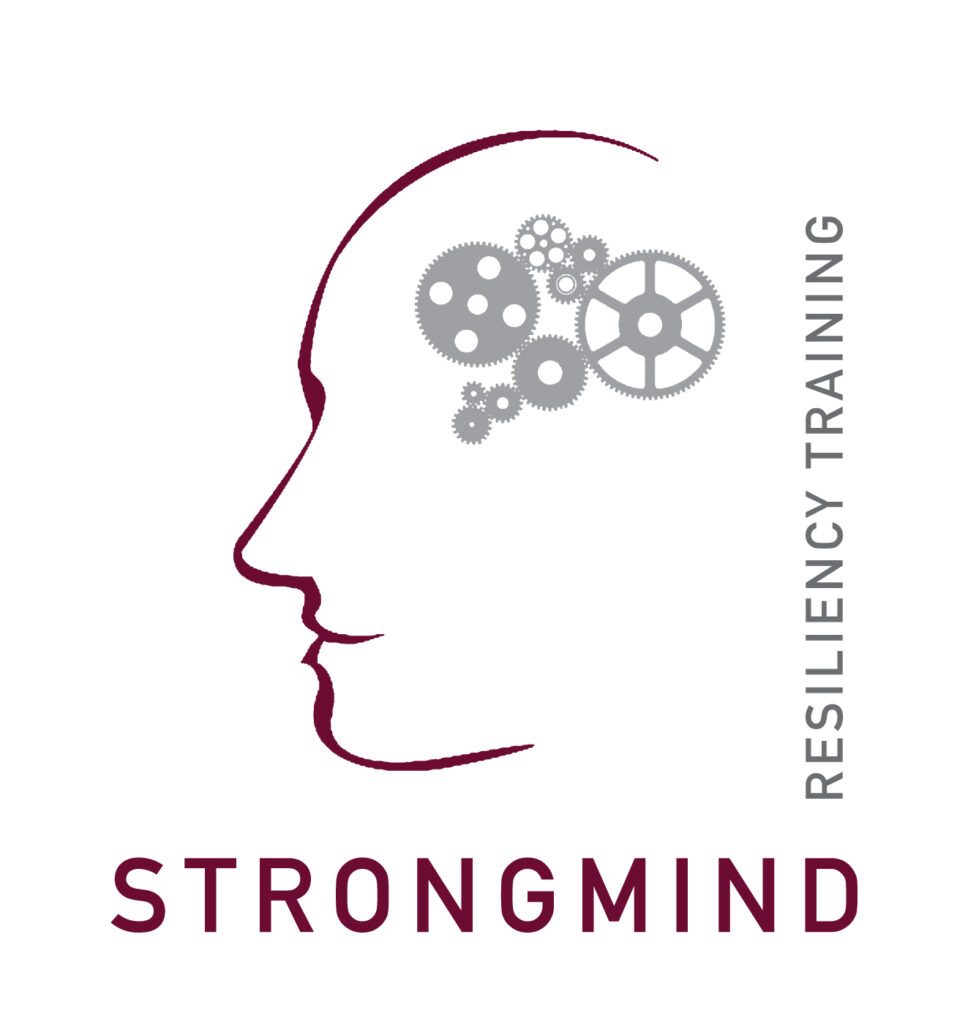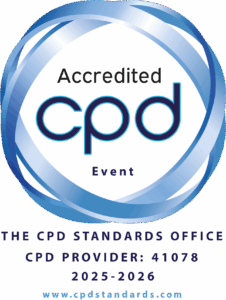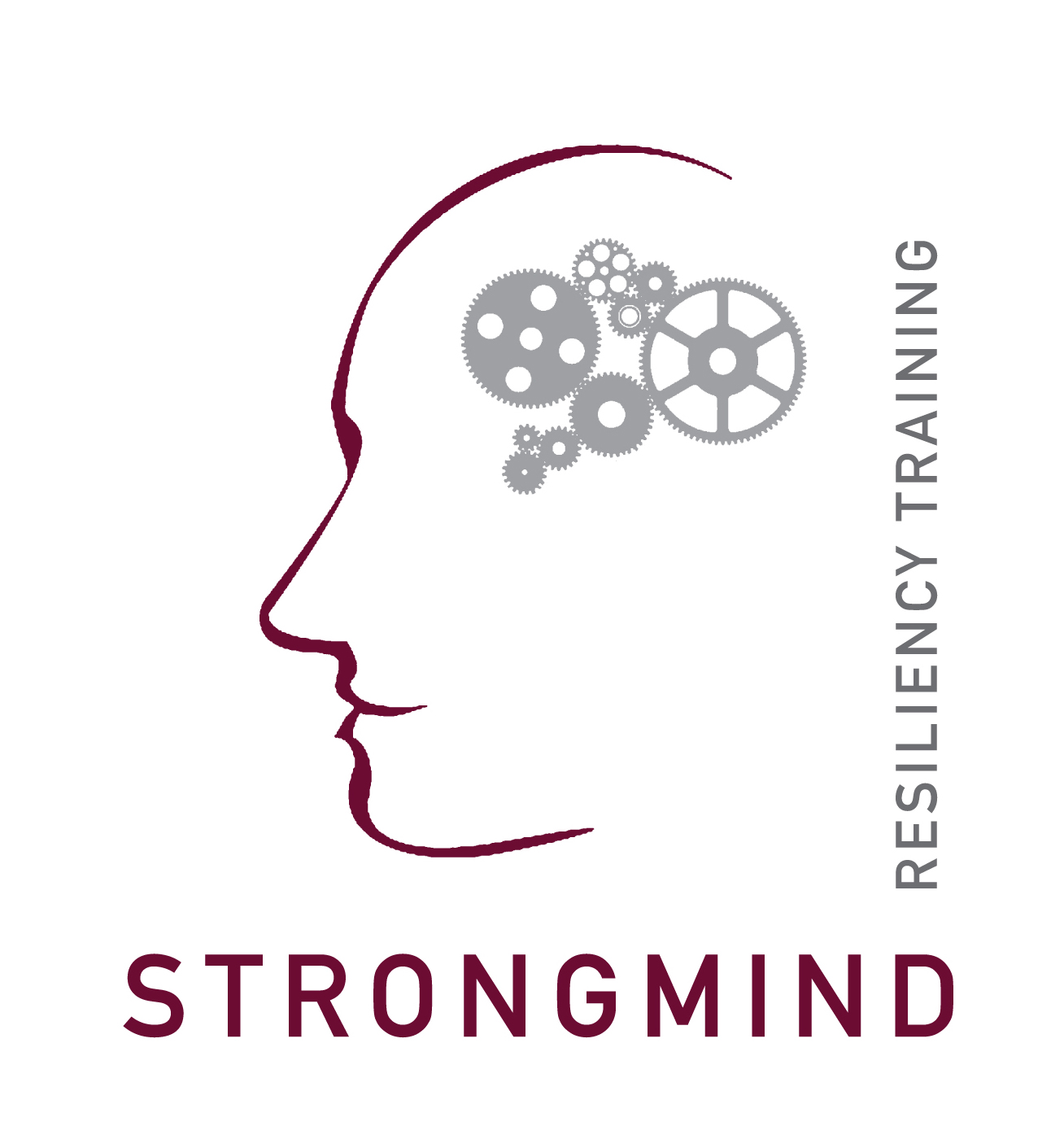Understanding Trauma
Duration: 1 Day
Delivery Method: face-to-face or virtual
Course Capacity: 16
This comprehensive one-day training course is designed for professionals across various sectors who work directly or indirectly with individuals impacted by trauma. Whether you’re on the front lines or supporting teams from behind the scenes, this course is relevant for:
- Frontline staff and first responders
- Managers and HR professionals
- Healthcare and social care workers
- Educators and school staff
- Support service providers and non-profit teams
It is particularly beneficial for organisations striving to cultivate psychologically safe and inclusive workplaces that are equipped to respond effectively to trauma-related challenges.
This introductory-to-intermediate level course is suitable for participants with or without a background in mental health or trauma studies. Whether you’re new to trauma-informed work or seeking to refresh and deepen your practice, you’ll find practical value in this training.
No prior trauma training is required. A willingness to engage in reflective practice and apply concepts to your professional role will help maximise the course benefits.
Course Overview: Understanding trauma and its impact
Throughout our careers, we are likely to encounter individuals affected by a traumatic event, either directly or indirectly. These experiences — including abuse, neglect, violence, loss, or a workplace incident — can have a profound effect on a person’s behaviour, emotional regulation, and overall well-being.
By understanding trauma and its wide-ranging effects, professionals can better respond with empathy, support, and care. This training emphasises the importance of creating a trauma-informed workplace that promotes emotional safety, inclusivity, and respect.

Key Learning Points
This training delivers actionable knowledge and tools to build trauma-aware environments and reduce the risk of secondary trauma, vicarious trauma, and compassion fatigue among staff. Key objectives include:
- Defining key concepts and types of trauma (e.g., developmental, complex, and secondary trauma)
- Understanding how trauma affects behaviour, emotional responses, and interpersonal dynamics
- Identifying signs of trauma in clients, colleagues, and staff after a traumatic event or workplace incident
- Applying trauma-informed strategies to enhance daily interactions and organisational policies
- Fostering a workplace culture that prioritises psychological safety and empathy
- Recognising the impact of vicarious trauma and secondary stress on teams
- Implementing protective measures to reduce burnout and enhance emotional resilience
- Promoting self-care, peer support, and sustainable well-being practices

Course Aim
To provide delegates with an understanding of the impact of traumatic events, the factors associated with the development of traumatic stress and trauma informed practice.
Why trauma-informed practice matters
Incorporating a trauma-informed lens into workplace culture ensures not only the well-being of those we serve but also of our teams. Whether responding to a workplace incident or managing long-term support roles, understanding trauma is a vital step toward creating safe, effective, and compassionate professional environments.
Accreditation

The course is fully accredited by the CPD standards office and course time can be used against existing organisational CPD requirements.



